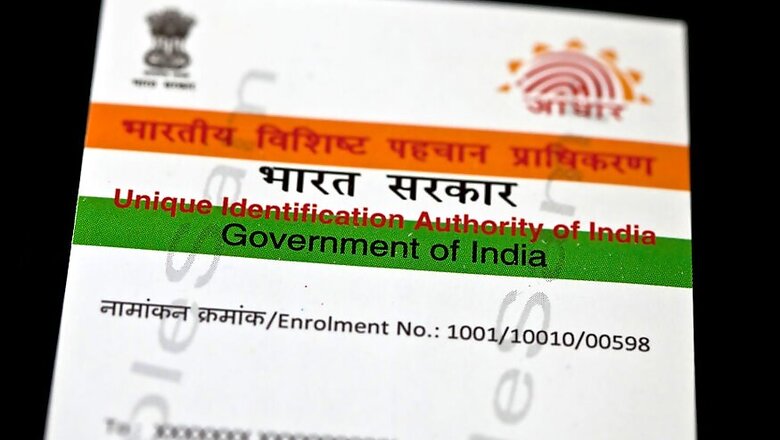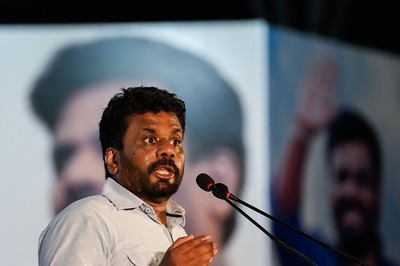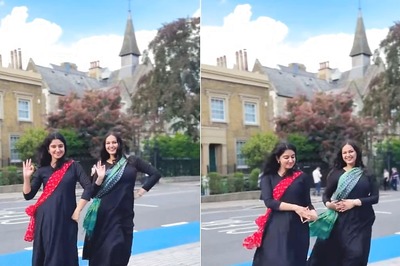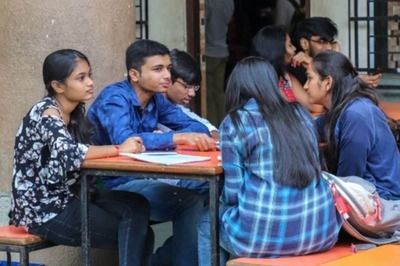
views
New Delhi: The decision to tag the Aadhaar law as a money bill has "serious implications" as one half of the Parliament was disabled from making any amendment, the Supreme Court was told.
A five-judge constitution bench headed by Chief Justice Dipak Misra was told by senior advocate P Chidambaram, appearing of party colleague Jairam Ramesh, that besides the Rajya Sabha, even the President was denied the opportunity to have a say on the law.
"The Bill was passed without the effective participation of the Rajya Sabha and without the assent from the President. The court cannot save a legislation that is fundamentally unconstitutional," he told the bench, which also comprised Justices A K Sikri, A M Khanwilkar, D Y Chandrachud and Ashok Bhushan.
"The implications of passing a non-money bill as a money bill are very serious. One half of the Parliament is virtually disabled from making any amendments. It even denuded the highest constitutional authority of the country, the President of India, of his powers," he said.
Chidambaram also referred to section 57 of the Aadhaar Act and said it empowered any private corporate body to use Aadhaar data for authentication and this has nothing to do with the constitutional scheme dealing with a Money Bill.
He sought setting aside of the Aadhaar law and said Parliament be allowed to have a re-look on it.
Earlier, the court had said it would examine whether the courts can scrutinise the decision of the Lok Sabha Speaker to specify a Bill as a Money Bill, as was done during the passage of the 2016 Aadhaar Act.
Chidambaram had said that Lok Sabha members cannot question the decision of the Speaker outside the House, but the courts are empowered to examine the validity of the decision.
The apex court, on December 15 last year, had sought a response from the Centre on the plea of Jairam Ramesh challenging the government's decision to treat Aadhaar bill as a money bill and getting it passed in the budget session last year after rejecting amendments to it by the Rajya Sabha.
After issuing notice to the Centre, the top court had tagged the plea with the clutch of petitions against the Aadhaar scheme itself for hearing today by the constitution bench.
Prior to this, it had said that it was "tentatively not convinced" about the grounds cited by the Congress leader to challenge Lok Sabha Speaker's decision to certify a bill to amend Aadhaar law as a money bill.
The Aadhaar (Targeted Delivery of Financial and Other Subsidies, Benefits and Services) Bill, 2016 was passed by the Lok Sabha on March 11, 2016.
It was taken up in the Rajya Sabha on March 16, where several amendments were made to it. The bill was then returned the same evening to Lok Sabha which rejected all the amendments proposed by the Upper House and passed it.
A money bill contains provisions for various taxes and appropriation of funds and can be introduced only in the Lok Sabha. The Rajya Sabha cannot make amendments to such bills after passage by the Lok Sabha. The Rajya Sabha can suggest amendments but it depends on the Lok Sabha to accept or reject them.
The NDA government allegedly chose to categorise the bill as a money bill as it lacked a majority in the Rajya Sabha, the opposition had argued.




















Comments
0 comment